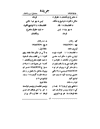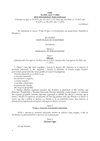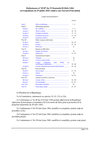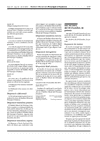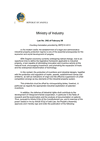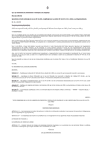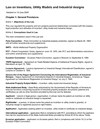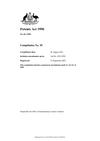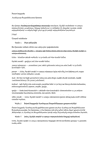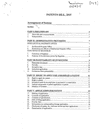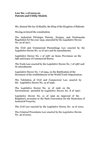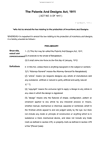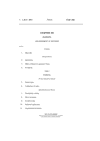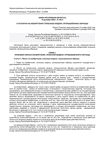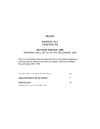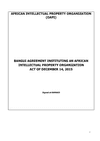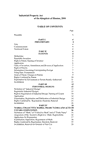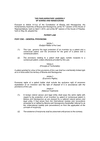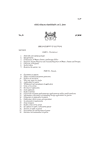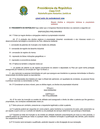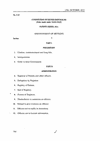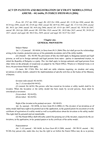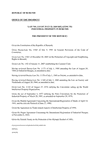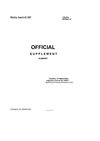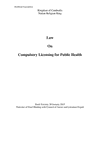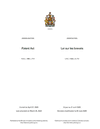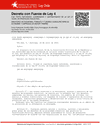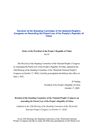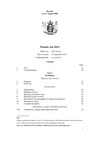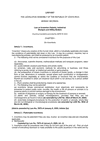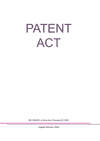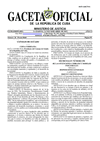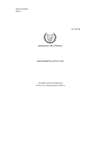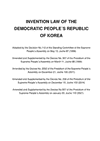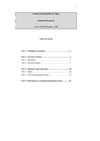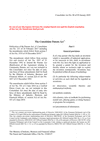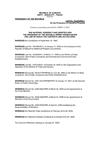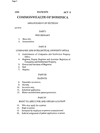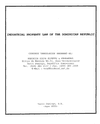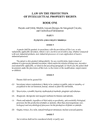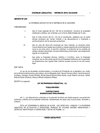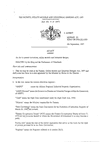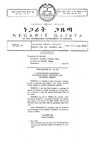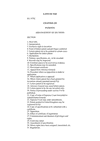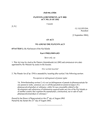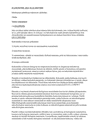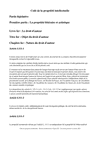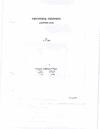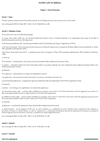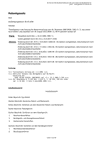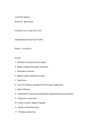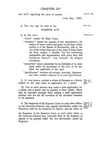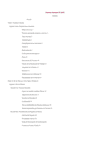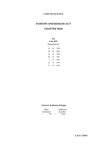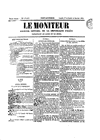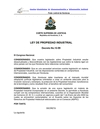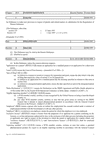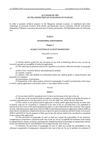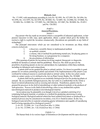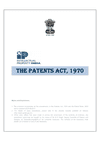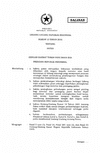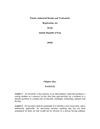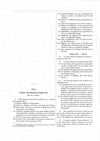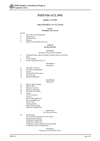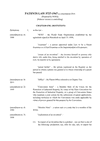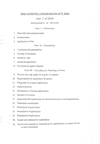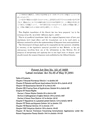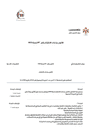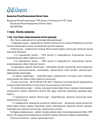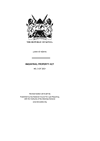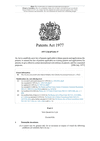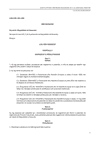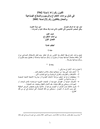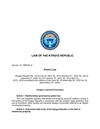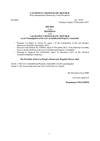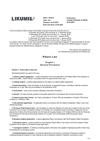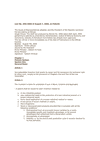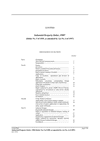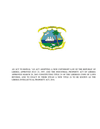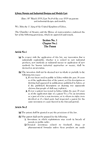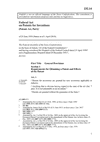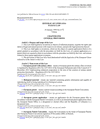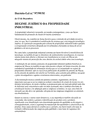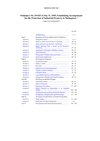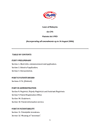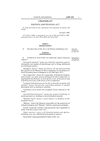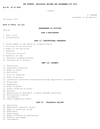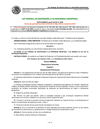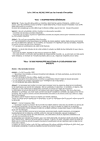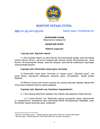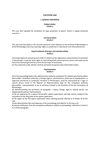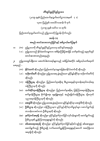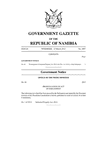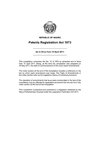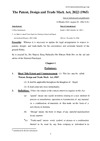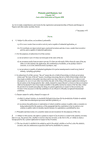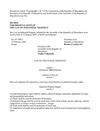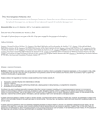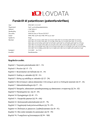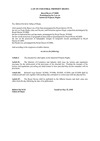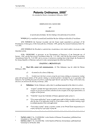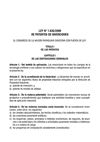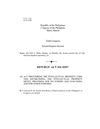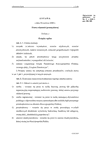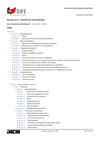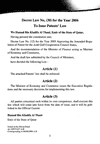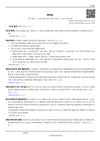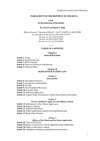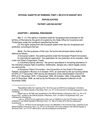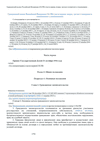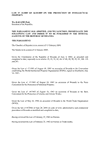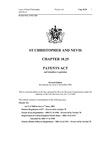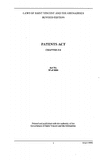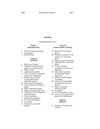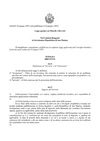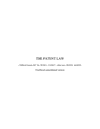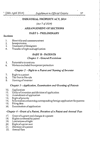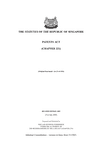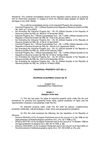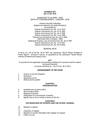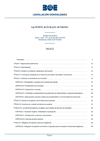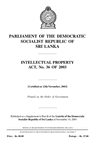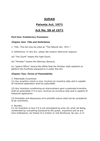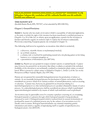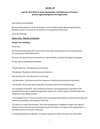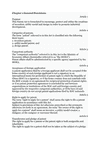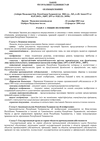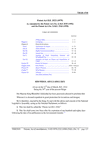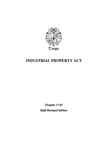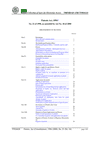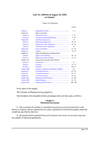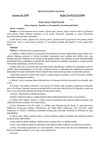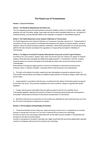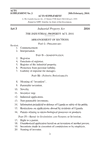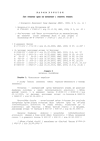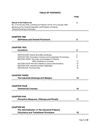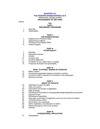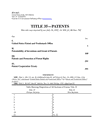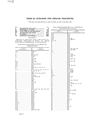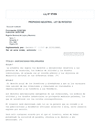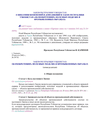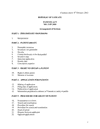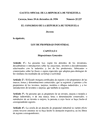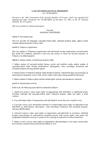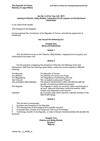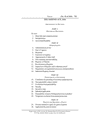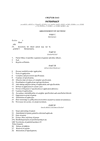Trade and intellectual property
Source: The World Trade Organization (WTO) publishes a list of WTO members and observers which was accessed in January 2023.
The World Trade Organization (WTO), with 164 members and 25 observer governments, helps address emerging infectious diseases by facilitating international cooperation, ensuring fair trade rules, and promoting access to essential medical supplies and technology. The WTO’s membership structure comprises original member states, including parties to the General Agreement on Tariffs and Trade (GATT) and the European Communities, who largely acquired their status upon the WTO’s entry into force on 1 January 1995. All other members have joined the organization as a result of negotiation, and membership consists of a balance of rights and obligations. Aside from membership, some governments and international organizations are observers to the WTO which grants them the opportunity to participate in and contribute to WTO activities, but without voting rights. The decision to grant observer status or extend an offer of accession is made through consensus among members. Because the terms are unique to each applicant dependent upon the country's stage of economic development and current trade regime, understanding a country’s status in the WTO supports users in identifying the country’s rights, obligations, and access to trade-related benefits.
Source: The United Nations publishes a list of least developed countries, which was accessed in January 2023.
The World Trade Organization (WTO) recognizes certain countries as least developed countries (LDCs) based on their designation by the United Nations. The exemptions and transition periods granted for LDCs, specifically under the Agreement on Trade-Related Aspects of Intellectual Property Rights (TRIPS), influence global health by ensuring intellectual property rights do not hinder a country's ability to address public health challenges. Currently, LDCs benefit from exemption under TRIPS until at least 1 July 2034, with pharmaceutical patent and clinical trial data protection obligation exemptions ending on 1 January 2033. These exemptions have been extended several times using the WTO’s waiver authority. By providing flexibility in meeting TRIPS obligations, LDCs have more time to develop their healthcare infrastructure, enhance pharmaceutical production capacities, and improve access to treatments.
Source: The TRIPS Agreement and notifications to the TRIPS council were accessed to determine the import/export status of countries under Article 31bis. These were accessed between September and November 2022.
The import/export provisions outlined in Article 31bis of the Agreement on Trade-Related Aspects of Intellectual Property Rights (TRIPS) establish a system that allows eligible importing and exporting Members to grant compulsory licenses for patented pharmaceutical products, providing a framework to balance intellectual property rights and access to essential medicines. An "eligible importing Member" encompasses both least developed country (LDC) Members and any other Members that have notified the Council for TRIPS of their intention to utilize Article 31bis and the Annex (“system”) as importers. As importers, countries can obtain compulsory licenses for patented pharmaceutical products, while exporters have the authority to grant these licenses to others for production or importation. Members have the flexibility to declare their usage of the system either comprehensively or in a limited manner, such as during national emergencies, extreme urgency, or for public non-commercial purposes. Understanding a country’s import/export status under the TRIPS Agreement can help determine how countries are able to leverage the system according to their needs and navigate global health challenges.
Source: We consulted the websites of each country's national patent office and the World Intellectual Property Organization (WIPO) LEX database. These sites were accessed between September and November 2022.
Compulsory licensing, a mechanism outlined in Article 31 of the Agreement on Trade-Related Aspects of Intellectual Property Rights (TRIPS), enables governments to bypass patent holders’ rights in certain situations, including public health emergencies. This provision, also known as non-voluntary licensing, allows governments to grant patent licenses to a party without the consent of the patent holder. By authorizing the use of compulsory licenses, governments can expand the availability of essential medicines, vaccines, or other pharmaceutical products. Certain conditions must be met for issuing compulsory licenses, such as ensuring that licenses primarily serve the domestic market (Article 31(f)), and offering adequate remuneration to the patent holder (Article 31(h)). The licenses are temporary and typically issued on a case-by-case basis, depending on the health needs of the population.To implement this provision, many countries have incorporated compulsory licensing provisions into their domestic patent laws.
Source: We consulted the websites of each country's national patent office and the World Intellectual Property Organization (WIPO) LEX database. These sites were accessed between September and November 2022.
Article 31bis of the Agreement on Trade-Related Aspects of Intellectual Property Rights (TRIPS) introduces a provision regarding the export of pharmaceutical products through compulsory licensing. It states that the obligations of an exporting Member under Article 31(f) do not apply when granting a compulsory license specifically for the purpose of producing pharmaceutical products and exporting them to eligible importing Members, as outlined in paragraph 2 of the Annex of this Agreement.This provision allows countries to meet the urgent public health needs of importing Members that lack sufficient pharmaceutical manufacturing capacities of their own. In response, many countries have incorporated explicit provisions into their domestic patent legislation, enabling the export of pharmaceuticals to destinations facing production challenges. Understanding which countries have provisions for pharmaceutical exports and nuances in implementation allow for the assessment of potential sources of pharmaceutical supplies during public health emergencies, promotion of equitable access to essential medicines, and identification of potential partnerships for technology transfer and knowledge-sharing.
Related treaty
Explore policies
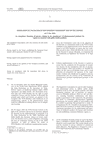
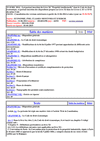

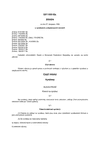
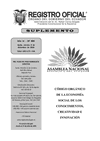
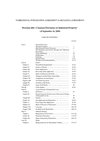

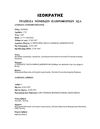

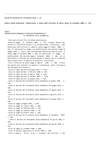

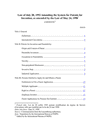

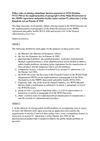
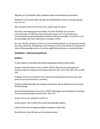

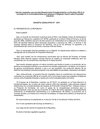

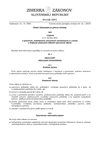
Download
Download a CSV of the country information that is displayed in the map above.
Download topic data